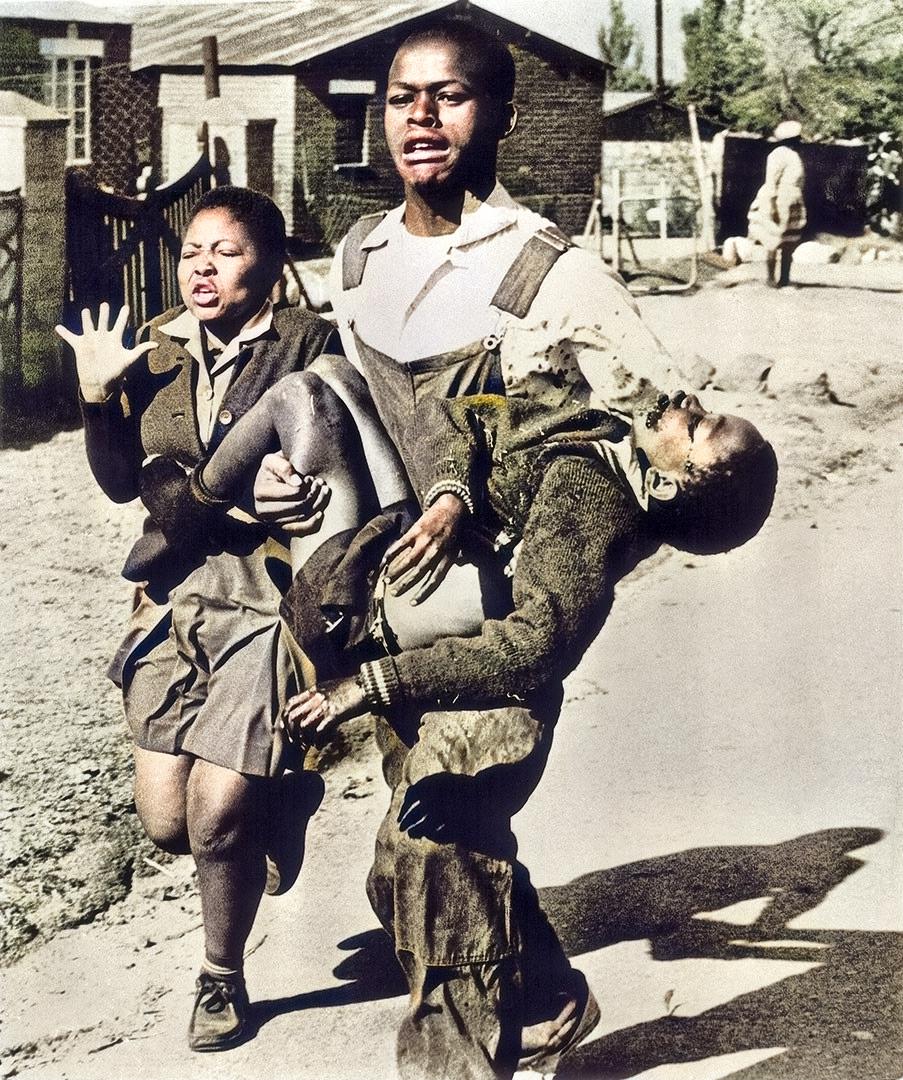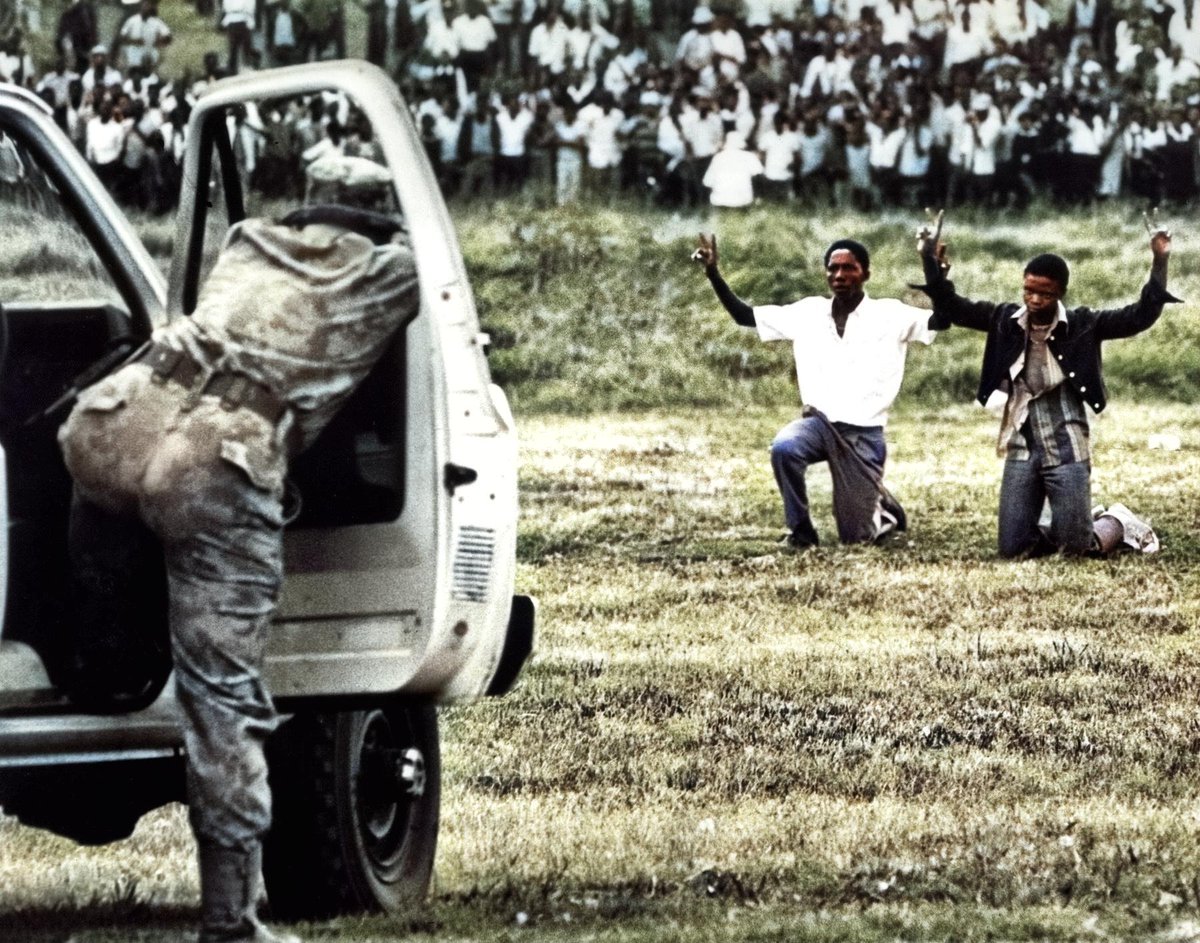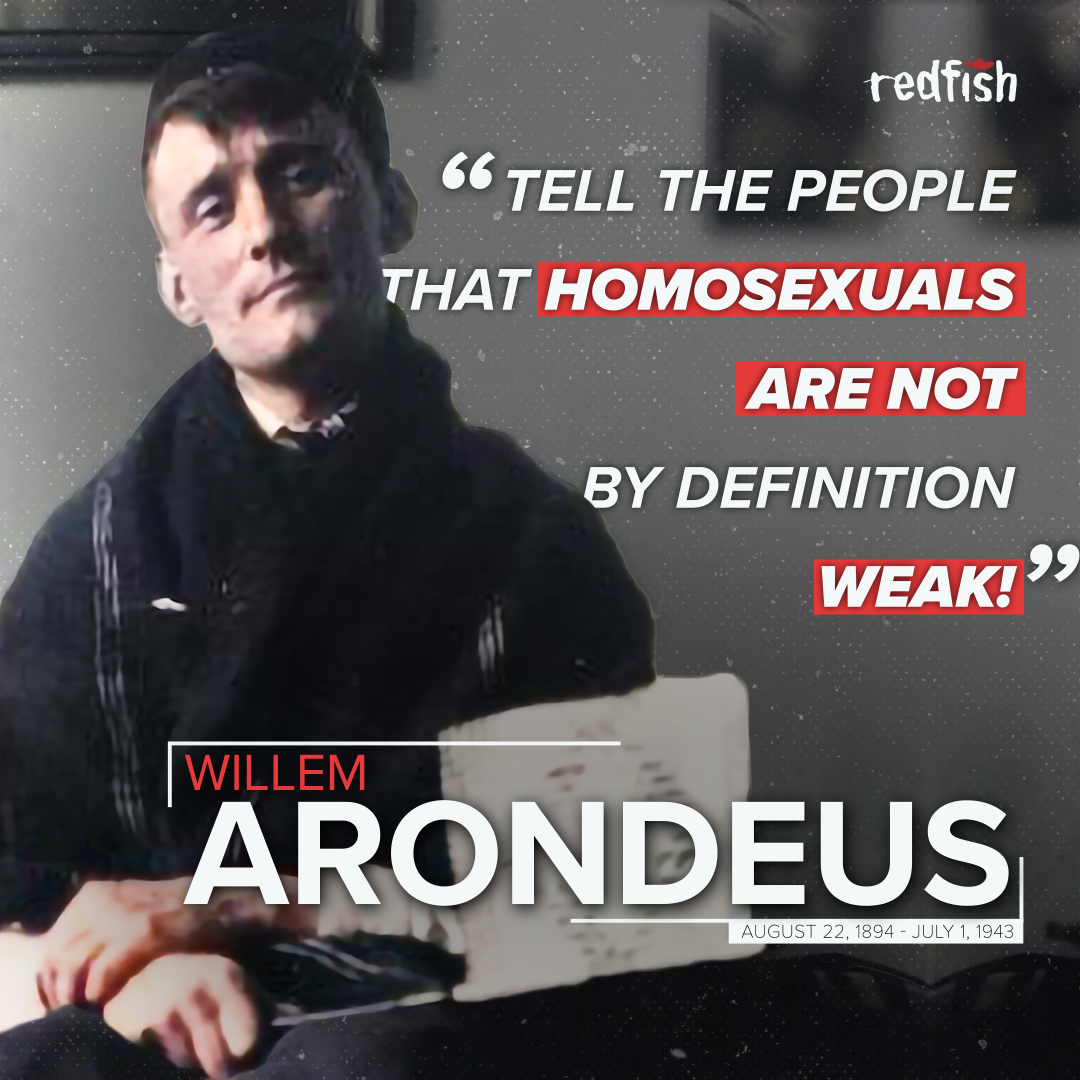
On this day in history the Soweto Uprising took place, when more than 20,000 South African Black school children took to the streets of Soweto to protest. When police opened fire and killed hundreds, rioting escalated into a nationwide uprising against white apartheid rule. 





The 1976 Uprising that began in Soweto was triggered by the introduction of Afrikaans as a language of instruction in schools, because it was seen by most Black South Africans as directly linked to apartheid and the violent, white state. 

The protests began peacefully, but apartheid security forces quickly used violence against protesters. Police shot tear gas and sent dogs into the crowds. When that failed to disperse the gathering, the police shot with live bullets. 

Most say around 200 were killed that day with the highest estimates placing the casualties at 700. The Soweto Massacre was a watershed moment in the anti-apartheid movement garnering massive global support for the movement when images from the day made their way around the world. 

Today, South Africa commemorates the uprising and massacre as Youth Day in honor of those who stood up for their people and were killed. 

Watch our report "Land or Death" on the ongoing struggle to bring the tragic legacy of apartheid to an end:
bit.ly/3voQ4D3
bit.ly/3voQ4D3
• • •
Missing some Tweet in this thread? You can try to
force a refresh


















